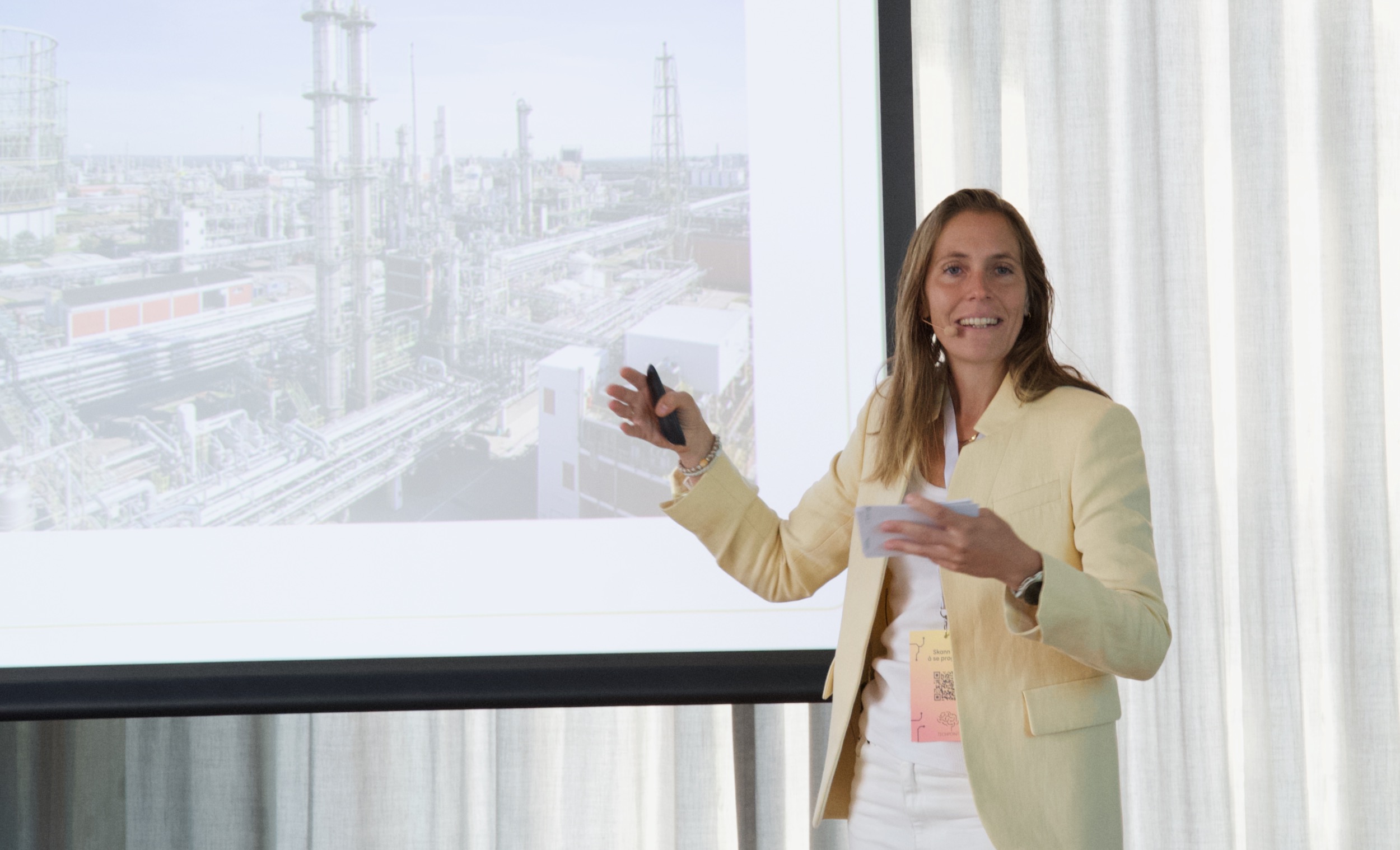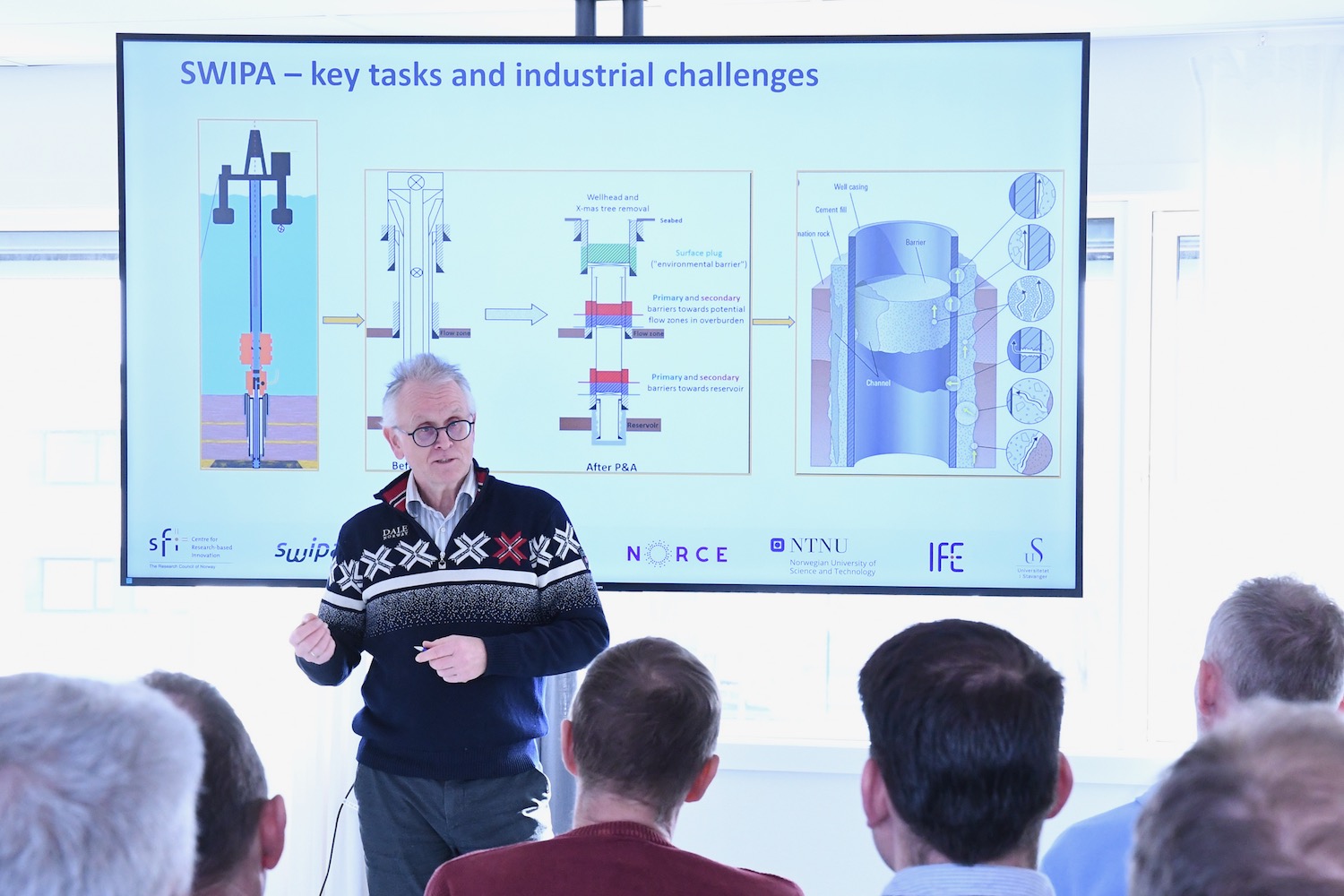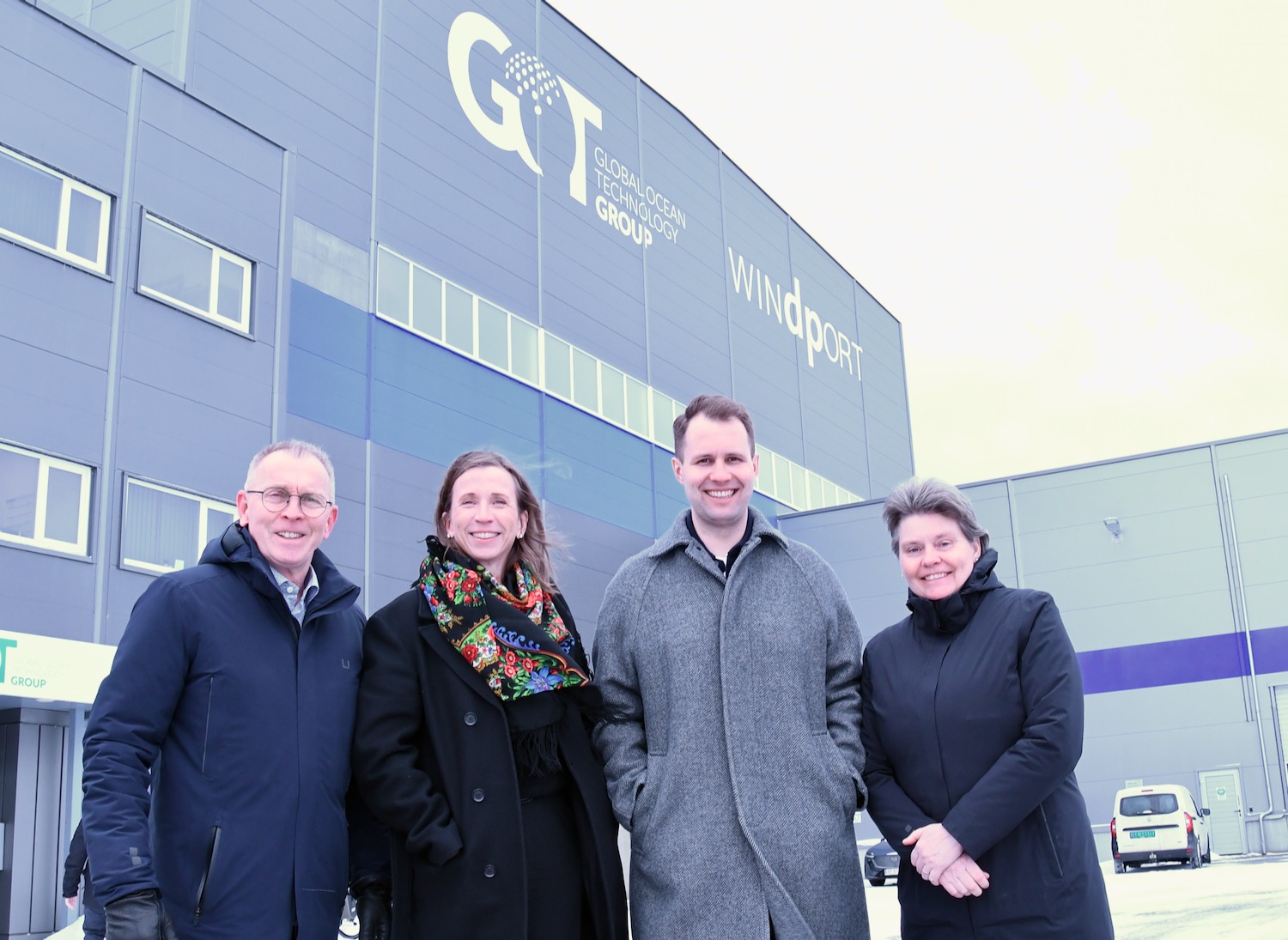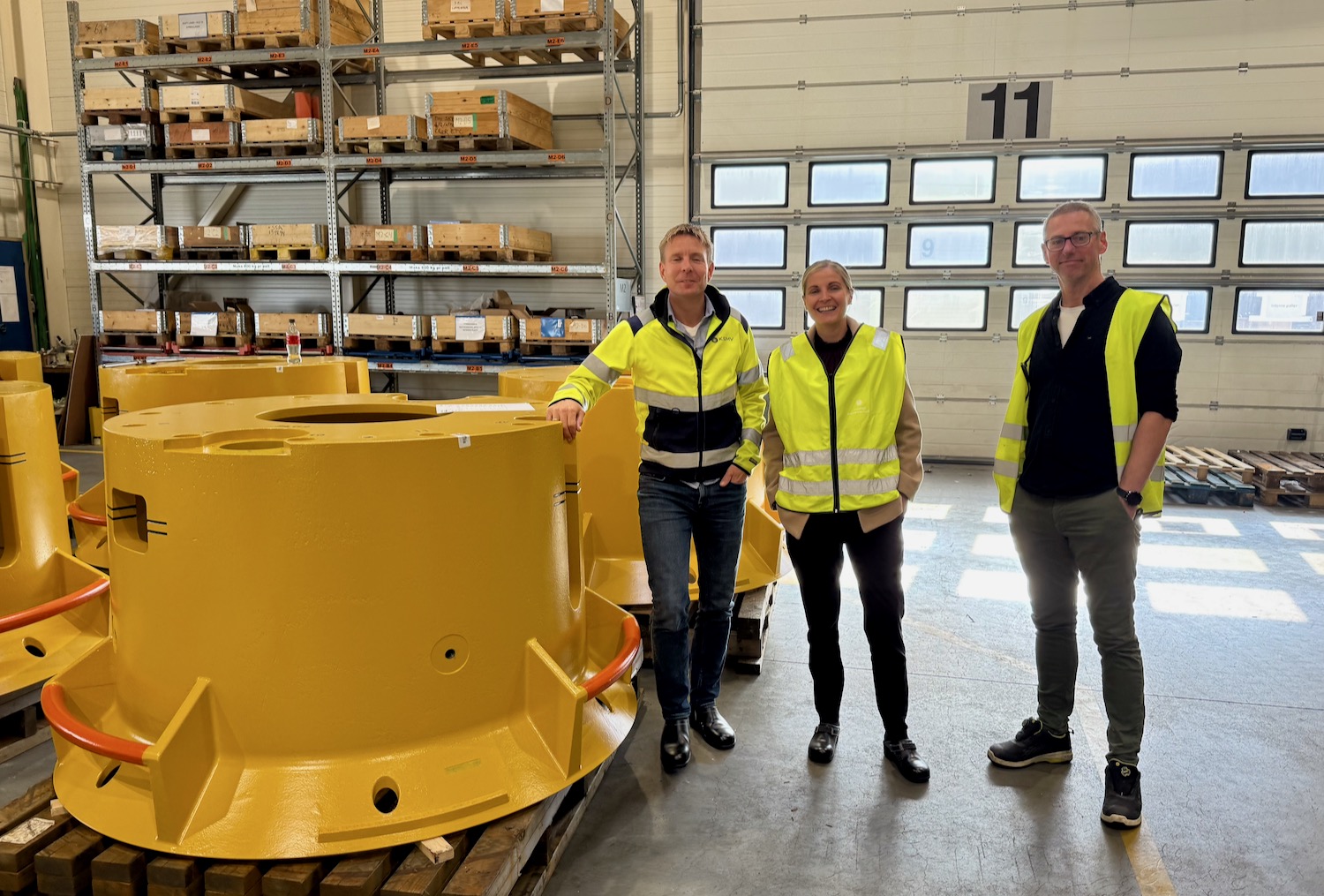Bøhn reflected on a recent tech-free hiking trip. Without GPS or smartphones, Bøhn and two young sons navigated by map and compass for a weekend, determined to find their way home before school started Monday morning. They arrived Sunday evening, fulfilled.
“We talked more, noticed more, and felt a deep sense of mastery,” he said. “Technology would have made the trip easier and faster, but efficiency isn’t always better. Sometimes, the slower path is the richer one.”
As technology becomes more autonomous and invisible, we risk losing touch with our own agency. From music libraries we once touched to algorithms that now suggest what we hear, our relationship with the digital world grows more distant and more directed.
Artificial intelligence marks a new revolution. Unlike calculators, which only do what they’re programmed to do, AI learns patterns and adapts. It can categorize the unknown and offer answers we didn’t know we needed. But as we rely more on these systems, we risk becoming passive.
“We trust the system, but we’re no longer enlightened by it,” Bøhn warned.
He pointed to the rise of tools like ChatGPT in education, where students may outsource thinking rather than engage with it. “It’s like blaming the dishwasher when a glass breaks during washing,” he said. “Instead of blaming technology, we must take responsibility.”
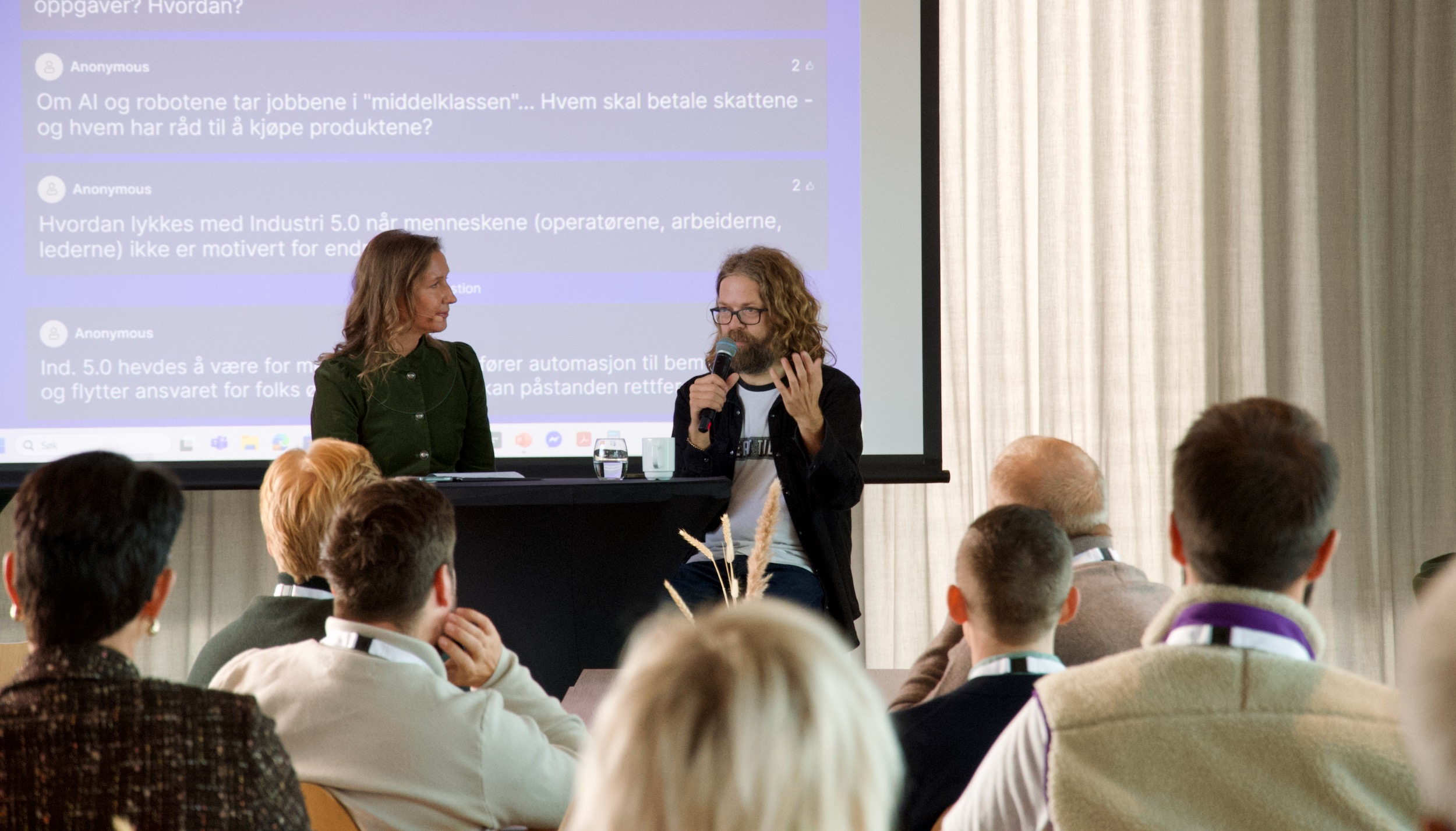
Technology can be powerful in medicine and other fields driven by data, not emotion. But in social contexts, it risks eroding meaning and human connection,” Bøhn argued.
He called for more regulations and a deeper ethical framework for developers.
“It’s time to mature the profession, build collective responsibility, and ensure that technology serves humanity – not the other way around,” concluded Bøhn.
The event called Global Impact 2025 was hosted by GCE NODE, Sparebanken Norge, Eyde Cluster, Kristiansand Chamber of Commerce and Kristiansand Municipality – and part of the two-day technology conference Techpoint.
To kick-off the event, Solveig Steinsland, Head of Digitalization at Vianode, talked about how Industry 5.0 emphasizes a more human-centric approach, increased resilience, and a stronger focus on sustainability.
“Unlike Industry 4.0, which was about leveraging digital technologies for maximum efficiency, Industry 5.0 centers around human impact and how the latest technologies, such as AI, IoT, and Big Data, can be leveraged to enhance human work and capabilities,” said Steinsland.
